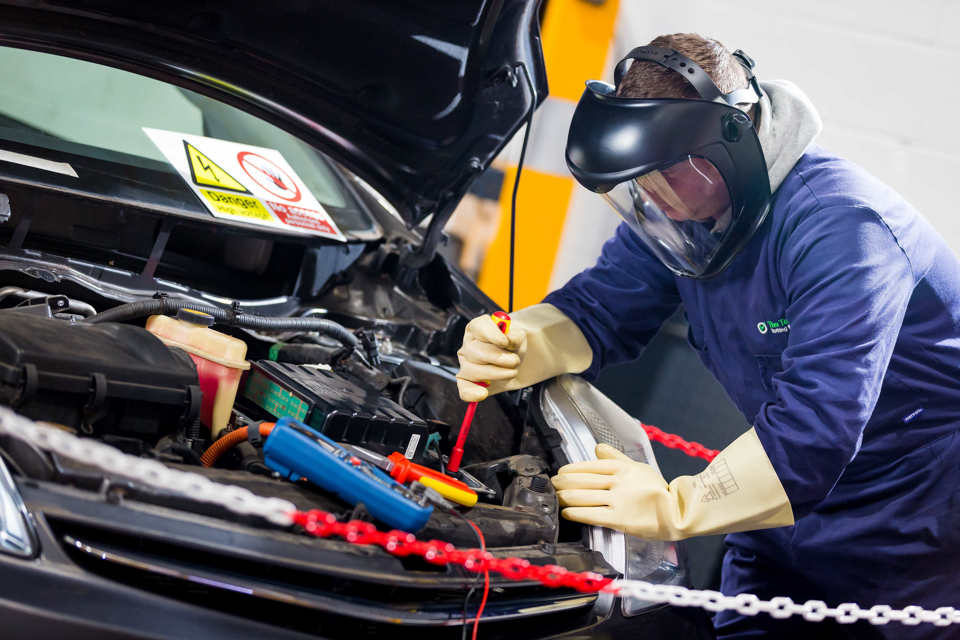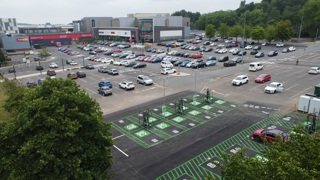The Institute of the Motor Industry (IMI) has warned there is a deficit in the electric vehicle (EV) skilled workforce in comparison to the growth in battery electric vehicles (BEV), plug-in hybrids (PHEV) and hybrid electric vehicles (HEV).
As the latest data by the Society of Motor Manufacturers and Traders (SMMT) shows that EV sales represent 23% of the new vehicle market in May, data by the IMI also revealed that by the end of 2020, only 6.5% of the automotive sector was ‘EV ready’ - a 1.5% increase on previous IMI analysis of the workforce.
The IMI said the deficit presents a ‘serious risk’ to consumer confidence in wide-scale adoption of zero emission motoring.
Steve Nash, chief executive officer at the IMI, said: “There is no question that government, industry and consumers are all switching on to the idea of electric motoring.
“The growing representation of BEV, PHEV and HEV in overall new car sales is clear demonstration of that, and the manufacturers and their franchise networks are certainly leading the way in giving customers more support and information as well as upskilling their workforces.
“However, the fact that our analysis shows such a big deficit in the EV skilled workforce should ring alarm bells for government, with its big ambitions for 2030.”
Nash said the recent House of Commons Public Accounts Committee report into the transition to zero emission vehicles highlighted the need to train and retrain the workforce required to service the new car fleet.
He added: “But highlighting the need and actually committing to investment in the upskilling are two very different things. And the current skills gap right across the UK economy, exacerbated by a combination of Covid-19 and Brexit is adding a further dimension to the challenge.
“The lack of thought given to the training needs of the swathe of businesses and individuals in the automotive ecosystem – from the distribution chain of car dealers to service and repair and even accident recovery – could severely hamper the government’s ambitions.
“If the new parc of electric vehicles can’t be serviced and repaired safely, consumer confidence could be severely undermined.
“The ramp-up plan for all those who are likely to work on electric vehicles – from service and repair technicians to those working in the roadside recovery and blue light sectors – now must be addressed as a matter of urgency.
“And that means some of that £12bn investment promised by the Prime Minister needs to be put towards skills training.”
Fleet operators and company car drivers with EVs are set to face longer periods of downtime in the event of a mechanical failure or collision if automotive aftersales businesses don’t adapt more quickly to handle new models.





















Login to comment
Comments
No comments have been made yet.